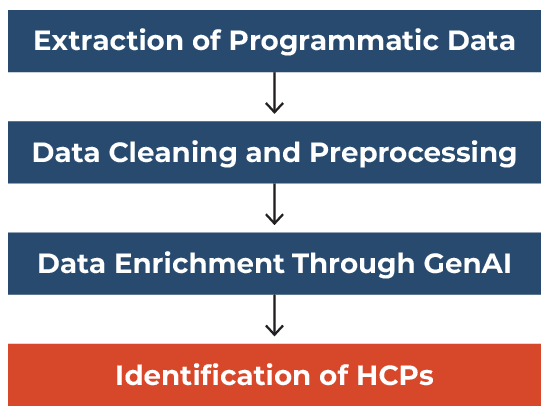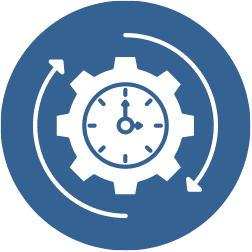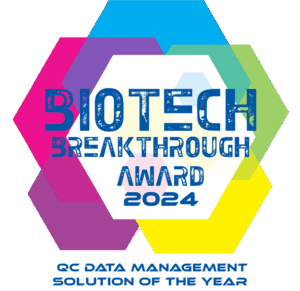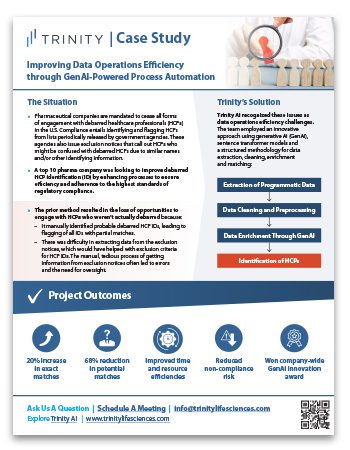Can GenAI be Used to Improve Data Operations Efficiency?
The short answer is yes, by powering process automation with GenAI. It’s an approach that hasn’t received as much attention as other GenAI use cases within life sciences, but the results can be very powerful.
To illustrate its power, we’ll examine a case study on identifying debarred healthcare professionals (HCPs).

Why is it important to identify debarred HCPs?
Pharmaceutical companies are mandated to cease all forms of engagement with debarred healthcare professionals (HCPs) in the U.S.
Compliance entails identifying and flagging HCPs from lists periodically released by government agencies, including the Food and Drug Administration (FDA), System for Award Management (SAM) and Office of Inspector General (OIG). These agencies also issue exclusion notices that call out HCPs who might be confused with debarred HCPs due to similar names and/or other identifying information.
Why is identifying debarred HCPs a challenge?
Traditional methods are only able to provide exact matches or complex potential matches, so many companies take a cautious approach and flag all the HCPs that closely match the debarred HCPs.
The core challenge with this approach is the loss of opportunity driven from ceasing engagement with misidentified HCPs.
GenAI can greatly improve accuracy and efficiency at multiple steps of the debarred HCP identification process.
Trinity Case Study
Improving Data Operations Efficiency through GenAI-Powered Process Automation
The Situation
A top 10 pharma company was looking to improve debarred HCP identification (ID) by enhancing processes to ensure efficiency and adherence to the highest standards of regulatory compliance.
The prior method resulted in the loss of opportunities to engage with HCPs who weren’t actually debarred because:
- It manually identified probable debarred HCP IDs, leading to flagging of all IDs with partial matches.
- There was difficulty in extracting data from the exclusion notices, which would have helped with exclusion criteria for HCP IDs. The manual, tedious process of getting information from exclusion notices often led to errors and the need for oversight.
Trinity’s Solution
Trinity AI recognized these issues as data operations efficiency challenges. An innovative approach using GenAI, sentence transformer models and a structured methodology for data extraction, cleaning, enrichment and matching can maintain strict compliance, optimize opportunities to engage with HCPs and minimize risk:

Project Outcomes

20% increase
in exact
matches

68% reduction
in potential
matches

Improved time
and resource
efficiencies

Reduced
non-compliance
risk

Won company-wide
GenAI innovation
award
Authors: Nabha Subramanya and Diraj Settipally
Download the case study

